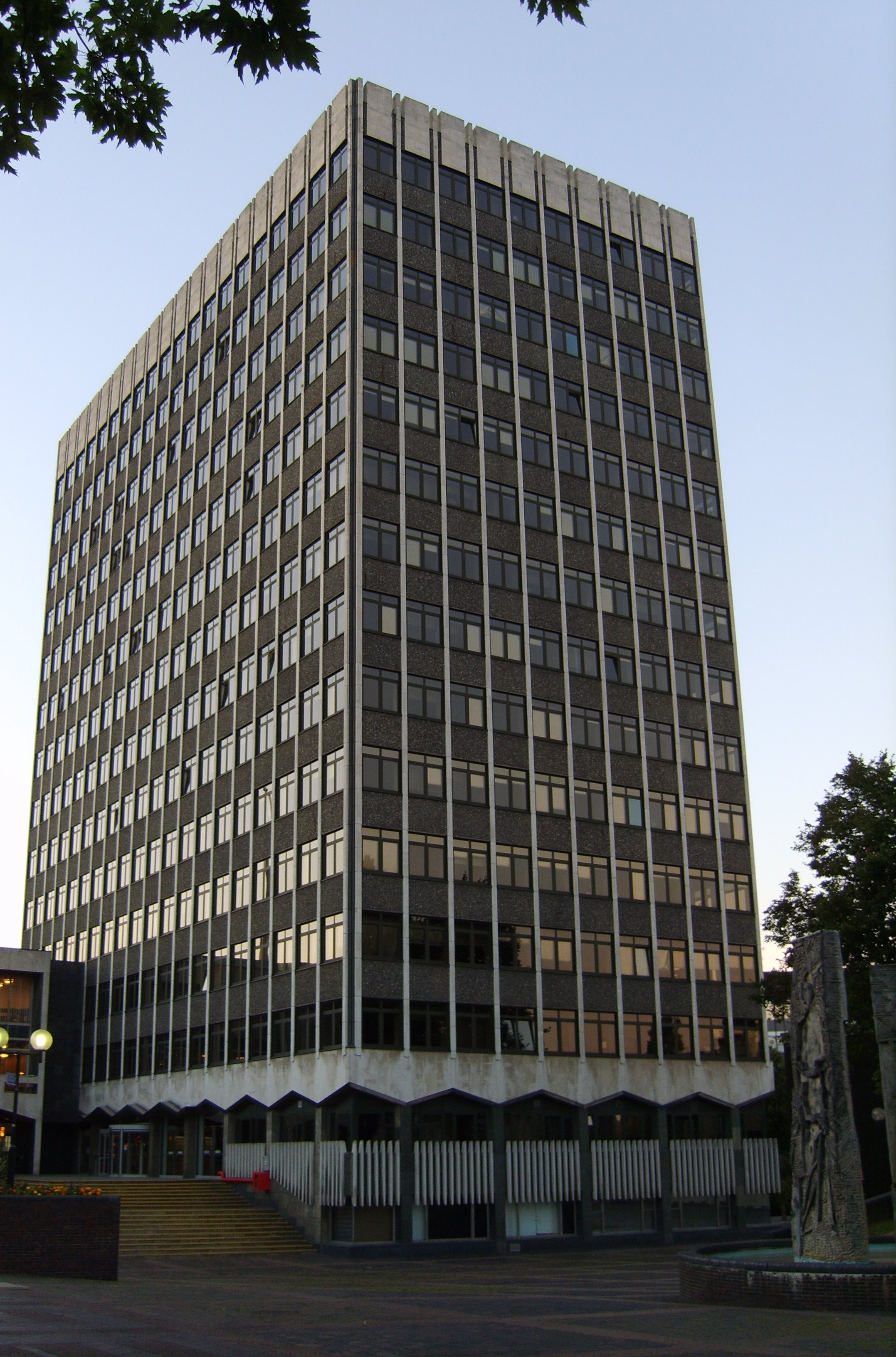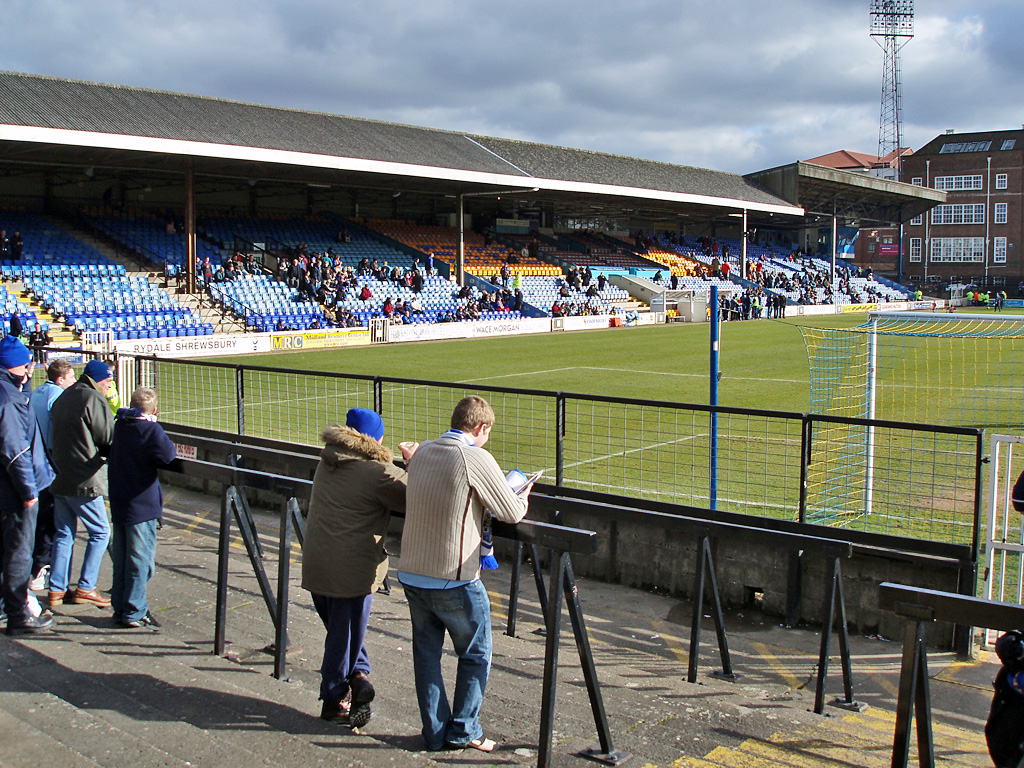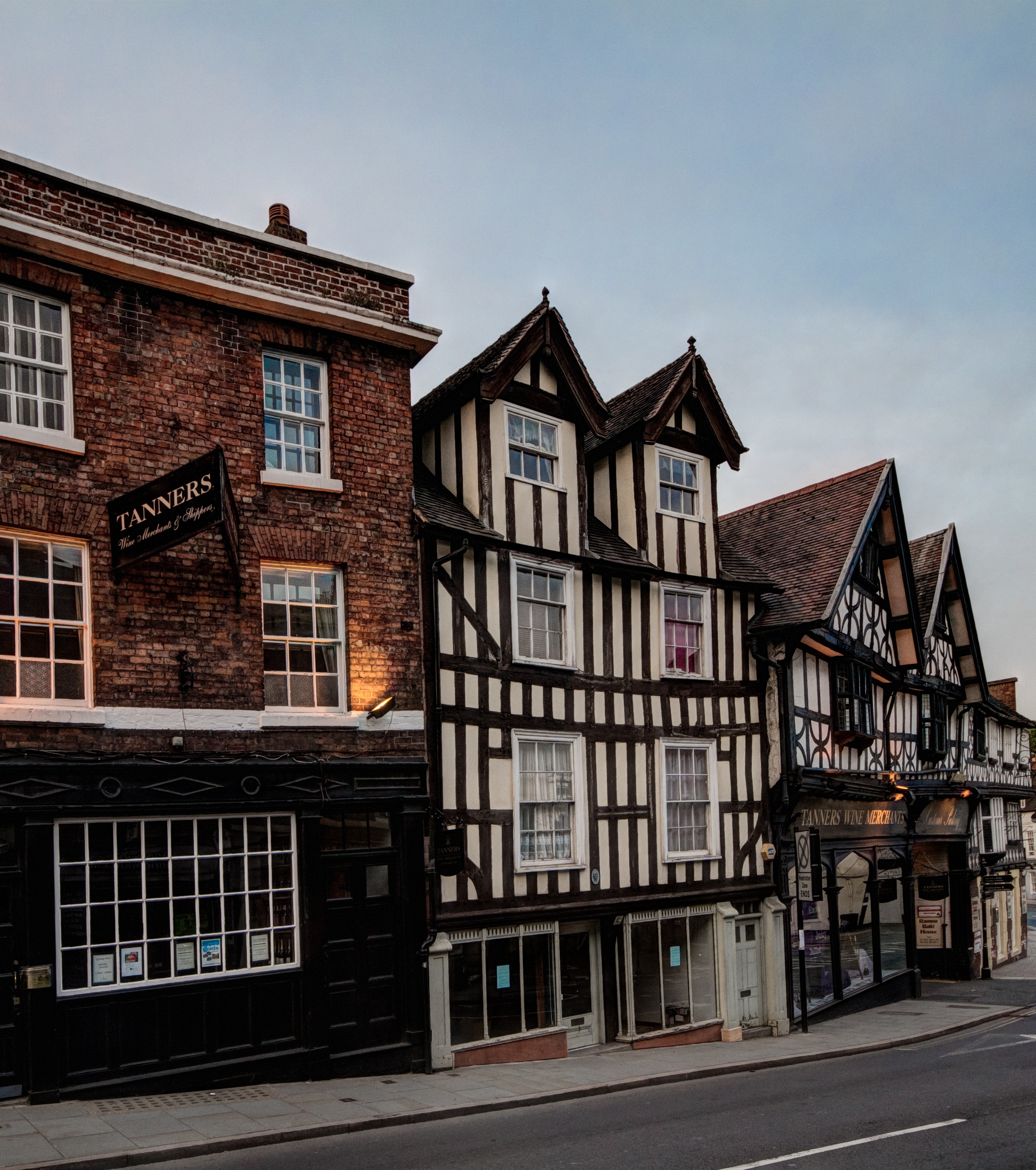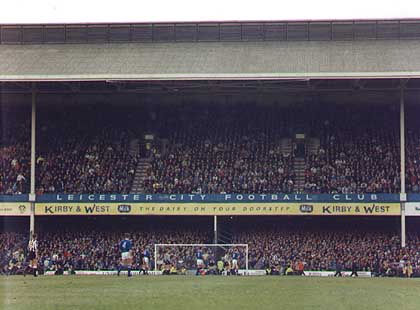|
Paul Dixon (footballer, Born 1960)
Paul Kenneth Dixon (born 22 February 1960) is a Northern Irish retired professional footballer who played as a central defender. He joined English club Burnley as a 16-year-old and went on to play 24 Football League matches for the Turf Moor club but missed long periods through injury during his time in England. In 1983, following his release from Burnley, Dixon moved back to Ireland to play for Glentoran. Career Born in Derry, Northern Ireland, BornDixon played youth football with the Waterside Club in Derry City before joining recently relegated English Football League Second Division side Burnley on trial during the summer of 1976. He was subsequently signed as an apprentice by the Lancashire club and after spending two years in the youth team he was offered his first professional contract in June 1978, although he did not make his senior debut until the following season. Although he had played on the right wing when he joined Burnley, Dixon had been converted to a central de ... [...More Info...] [...Related Items...] OR: [Wikipedia] [Google] [Baidu] |
Derry
Derry, officially Londonderry (), is the second-largest city in Northern Ireland and the fifth-largest city on the island of Ireland. The name ''Derry'' is an anglicisation of the Old Irish name (modern Irish: ) meaning 'oak grove'. The old walled city lies on the west bank of the River Foyle, which is spanned by two road bridges and one footbridge. The city now covers both banks (Cityside on the west and Waterside on the east). The population of the city was 83,652 at the 2001 Census, while the Derry Urban Area had a population of 90,736. The district administered by Derry City and Strabane District Council contains both Londonderry Port and City of Derry Airport. Derry is close to the border with County Donegal, with which it has had a close link for many centuries. The person traditionally seen as the founder of the original Derry is Saint , a holy man from , the old name for almost all of modern County Donegal, of which the west bank of the Foyle was a part before 1 ... [...More Info...] [...Related Items...] OR: [Wikipedia] [Google] [Baidu] |
Billy Rodaway
William Vincent Rodaway (born 26 September 1954) is an English former football player and manager. A central defender, he made more than 400 appearances in the Football League, playing for Burnley, Peterborough United, Blackpool and Tranmere Rovers. He later played non-league football for Runcorn, Altrincham and Colne Dynamoes, and also had non-playing roles at Halifax Town, Runcorn, Morecambe, Altrincham and Colne Dynamoes before a spell as Accrington Stanley manager in 1998. Playing career Born in Liverpool, Rodaway played for England at schoolboy level. He started his career at Burnley, making his debut towards the end of the 1971–72 season, though it took until Colin Waldron's departure in 1976 for Rodaway to receive regular game time as a central defender. He left Burnley after the 1980–81 season, and subsequently played for Peterborough United, Blackpool and Tranmere Rovers. He returned to Burnley on a free transfer ahead of the 1986–87 season. He miss ... [...More Info...] [...Related Items...] OR: [Wikipedia] [Google] [Baidu] |
Association Footballers From Derry (city)
Association may refer to: *Club (organization), an association of two or more people united by a common interest or goal *Trade association, an organization founded and funded by businesses that operate in a specific industry *Voluntary association, a body formed by individuals to accomplish a purpose, usually as volunteers Association in various fields of study *Association (archaeology), the close relationship between objects or contexts. *Association (astronomy), combined or co-added group of astronomical exposures * Association (chemistry) *Association (ecology), a type of ecological community *Genetic association, when one or more genotypes within a population co-occur *Association (object-oriented programming), defines a relationship between classes of objects *Association (psychology), a connection between two or more concepts in the mind or imagination *Association (statistics), a statistical relationship between two variables *File association, associates a file with a s ... [...More Info...] [...Related Items...] OR: [Wikipedia] [Google] [Baidu] |
Living People
Related categories * :Year of birth missing (living people) / :Year of birth unknown * :Date of birth missing (living people) / :Date of birth unknown * :Place of birth missing (living people) / :Place of birth unknown * :Year of death missing / :Year of death unknown * :Date of death missing / :Date of death unknown * :Place of death missing / :Place of death unknown * :Missing middle or first names See also * :Dead people * :Template:L, which generates this category or death years, and birth year and sort keys. : {{DEFAULTSORT:Living people 21st-century people People by status ... [...More Info...] [...Related Items...] OR: [Wikipedia] [Google] [Baidu] |
1960 Births
Year 196 ( CXCVI) was a leap year starting on Thursday (link will display the full calendar) of the Julian calendar. At the time, it was known as the Year of the Consulship of Dexter and Messalla (or, less frequently, year 949 ''Ab urbe condita''). The denomination 196 for this year has been used since the early medieval period, when the Anno Domini calendar era became the prevalent method in Europe for naming years. Events By place Roman Empire * Emperor Septimius Severus attempts to assassinate Clodius Albinus but fails, causing Albinus to retaliate militarily. * Emperor Septimius Severus captures and sacks Byzantium; the city is rebuilt and regains its previous prosperity. * In order to assure the support of the Roman legion in Germany on his march to Rome, Clodius Albinus is declared Augustus by his army while crossing Gaul. * Hadrian's wall in Britain is partially destroyed. China * First year of the '' Jian'an era of the Chinese Han Dynasty. * Emperor Xian o ... [...More Info...] [...Related Items...] OR: [Wikipedia] [Google] [Baidu] |
Southend United F
Southend-on-Sea (), commonly referred to as Southend (), is a coastal city and unitary authority area with borough status in southeastern Essex, England. It lies on the north side of the Thames Estuary, east of central London. It is bordered to the north by Rochford and to the west by Castle Point. It is home to the longest pleasure pier in the world, Southend Pier. London Southend Airport is located north of the city centre. Southend-on-Sea originally consisted of a few poor fishermen's huts and farms at the southern end of the village of Prittlewell. In the 1790s, the first buildings around what was to become the High Street of Southend were completed. In the 19th century, Southend's status of a seaside resort grew after a visit from Princess Caroline of Brunswick, and Southend Pier was constructed. From the 1960s onwards, the city declined as a holiday destination. Southend redeveloped itself as the home of the Access credit card, due to its having one of the UK's first ... [...More Info...] [...Related Items...] OR: [Wikipedia] [Google] [Baidu] |
Gay Meadow
Gay Meadow was the home ground of Shrewsbury Town football club in Shropshire, England. Just outside the town centre, on the banks of the River Severn, it opened in 1910. The ground closed at the end of the 2006-07 Football League season and the club moved to a new stadium, provisionally titled The New Meadow, on the outskirts of the town. Local legend says that over 22,000 were inside the stadium for the league match against Wrexham A.F.C on 21 August 1950, although the official figure is given as 16,000. The official record attendance is 18,917, on 26 April 1961 against local rivals Walsall. Because it had only one entrance/exit road, in the years following the Taylor Report the capacity of the ground was reduced from 16,000 to around 8,000. Early history of Gay Meadow Centuries before Shrewsbury Town occupied the site, Gay Meadow was known locally for the fairs, carnivals and circuses which took place there. The origin of the name is not entirely clear, although it is ... [...More Info...] [...Related Items...] OR: [Wikipedia] [Google] [Baidu] |
Shrewsbury Town F
Shrewsbury ( , also ) is a market town, civil parish, and the county town of Shropshire, England, on the River Severn, north-west of London; at the 2021 census, it had a population of 76,782. The town's name can be pronounced as either 'Shrowsbury' or 'Shroosbury', the correct pronunciation being a matter of longstanding debate. The town centre has a largely unspoilt medieval street plan and over 660 listed buildings, including several examples of timber framing from the 15th and 16th centuries. Shrewsbury Castle, a red sandstone fortification, and Shrewsbury Abbey, a former Benedictine monastery, were founded in 1074 and 1083 respectively by the Norman Earl of Shrewsbury, Roger de Montgomery. The town is the birthplace of Charles Darwin and is where he spent 27 years of his life. east of the Welsh border, Shrewsbury serves as the commercial centre for Shropshire and mid-Wales, with a retail output of over £299 million per year and light industry and distribution centres ... [...More Info...] [...Related Items...] OR: [Wikipedia] [Google] [Baidu] |
FA Cup
The Football Association Challenge Cup, more commonly known as the FA Cup, is an annual knockout football competition in men's domestic English football. First played during the 1871–72 season, it is the oldest national football competition in the world. It is organised by and named after The Football Association (The FA). Since 2015, it has been known as The Emirates FA Cup after its headline sponsor. A concurrent women's tournament is also held, the Women's FA Cup. The competition is open to all eligible clubs down to Level 9 of the English football league system with Level 10 clubs acting as stand-ins in the event of non-entries from above. Included in the competition are 20 professional clubs in the Premier League (level 1), 72 professional clubs in the English Football League (levels 2 to 4), and all clubs in steps 1–5 of the National League System (levels 5 to 9) as well as a tiny number of step 6 clubs acting as stand-ins for non-entries above. A record ... [...More Info...] [...Related Items...] OR: [Wikipedia] [Google] [Baidu] |
Football League Third Division
The Football League Third Division was the third tier of the English football league system in 1920–21 and again from 1958 until 1992. When the FA Premier League was formed, the division become the fourth tier level. In 2004, following the formation of the Football League Championship, the division was renamed Football League Two. Founder clubs of the Third Division (1920) Most of these clubs were drawn from what was then the top division of the 1919–20 Southern Football League, in an expansion of the Football League south of Birmingham. As Cardiff City was long considered a potential entrant for the Second Division due to their FA Cup exploits and Southern League dominance, they were sent directly into the Second Division and Grimsby Town, who finished in last place in the Second Division in 1919–20, were relegated. * Brentford * Brighton & Hove Albion * Bristol Rovers * Crystal Palace (inaugural champions in 1920–21) * Exeter City * Gillingham * Grimsby Town ... [...More Info...] [...Related Items...] OR: [Wikipedia] [Google] [Baidu] |
Filbert Street
Filbert Street was a football stadium in Leicester, England, which served as the home of Leicester City F.C. from 1891 until 2002. Although officially titled the City Business Stadium in the early 1990s, it remained known almost exclusively by its address, like many English football stadiums. History Early years Leicester City was formed in 1884. The club was then named ''Leicester Fosse'', as its founders mostly lived in the west end of the city, through which the Fosse Way ran. In 1884–85 it played at a ground known as the Racecourse, before sharing Victoria Park with the Leicester Tigers rugby club for two years. Leicester Fosse played at the Belgrave Road Cycle Track for a year, but returned to Victoria Park after the rugby club offered a higher rent to the owners of the Cycle Track. Leicester Fosse became a professional club in 1889 and laid out its own ground at Mill Lane, just north of Filbert Street. The club was soon forced to move, however, as the local Corpor ... [...More Info...] [...Related Items...] OR: [Wikipedia] [Google] [Baidu] |





